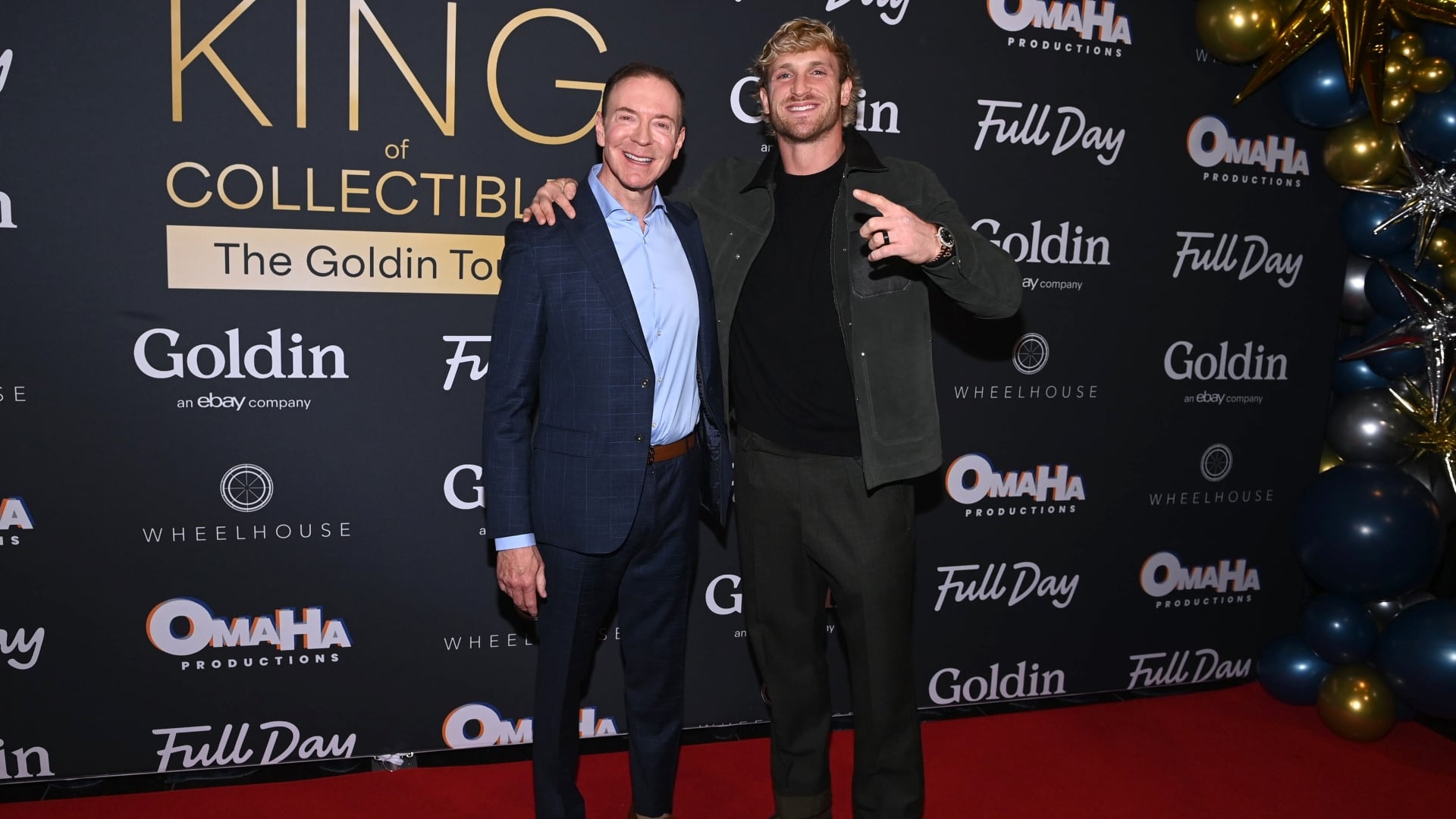*By Tanaya Macheel* Proposed legislation in New York City would require “cashless" restaurants ー which only accept debit and credit cards and mobile payments ー to give customers the option to pay in cash, and fine any establishment that refuses to accept it. “If I were a retailer… I’d wonder why it was happening, why is the government telling me how to run my business,” said Jason Oxman, CEO of the Electronic Transactions Association, a trade association of the payments technology industry. The legislation intends to be more inclusive of people who don't have bank accounts or otherwise aren't in the formal banking system. In developing countries, electronic payments through mobile platforms like Alipay or WeChat Pay allowed certain markets to leapfrog the card-based electronic payment system that is so prevalent in the U.S. ー and were also a boon to those previously boxed out of the formal financial system. As a result, people in China and emerging economies enter the social payments ecosystem without a pre-existing bias as to how they transact. But in the U.S., having a debit or credit card with which to make payments on small-dollar items like a salad at Sweetgreen or a coffee at Bluestone Lane comes with the assumption that people have access to a bank account or a line of credit — and therefore the financial stability to obtain either — and is classist and racist, according to City Council Member Ritchie J. Torres, who plans to introduce the legislation. Unlike in other markets, mobile payment is not an opportunity to get around that obstacle, as most mobile wallets and quick-service restaurant apps require the user to link a bank card or account. The number of U.S. households without a bank account fell to 6.5 percent last year, according to the FDIC, compared to 8.2 percent in 2011. In 2017, the U.S. had 8.4 million unbanked households, representing about 14.1 million adults, and 24.2 million who were underbanked, meaning they had a checking or savings account but also obtained financial products outside of the formal banking system. Oxman maintains that retailers’ impulse to increase mobile payments is motivated by consumers, who — perhaps rightly in many cases — find them more safe, reliable, and rewarding. From an operations perspective, going cashless keeps lines flowing faster, makes it easier to reconcile the till at the end of the day, and more generally, allows banks to recover lost or stolen funds used to make unauthorized charges. “A lot of retailers think electronic payments help speed people through the line — imagine how slow your local coffee shop would be if everybody paid with cash,” Oxman said. “It’s also a difficulty for retailers in many cases to accept cash because they have theft concerns — they have to hire armor and cars to take the cash to the bank. From a retailer’s perspective I think this is a troubling public policy move.” Oxman also noted that technology companies are working with financial services providers to address the unbanked population. Square, for example, offers users of its CashApp a pre-paid debit card and direct deposit for paychecks. PayPal ($PYPL), which has repeatedly vowed to provide financial services to the unbanked, is doing the same. Amazon ($AMZN) even has a program, Amazon Cash, that lets users deposit cash into their Amazon account at brick-and-mortar stores like CVS or 7-Eleven. “Cash will always have its place, it’s been around for a long time,” Oxman said. But, he added, “cash continues to drop as a percentage of use around the world.” For full interview [click here](https://cheddar.com/videos/in-push-to-go-cashless-some-are-being-left-behind).








